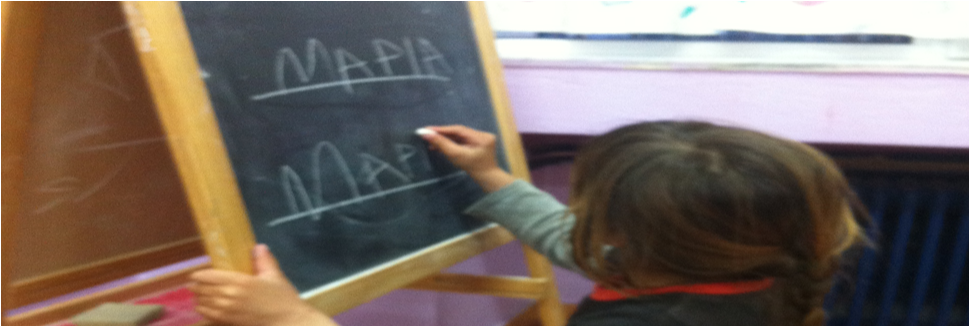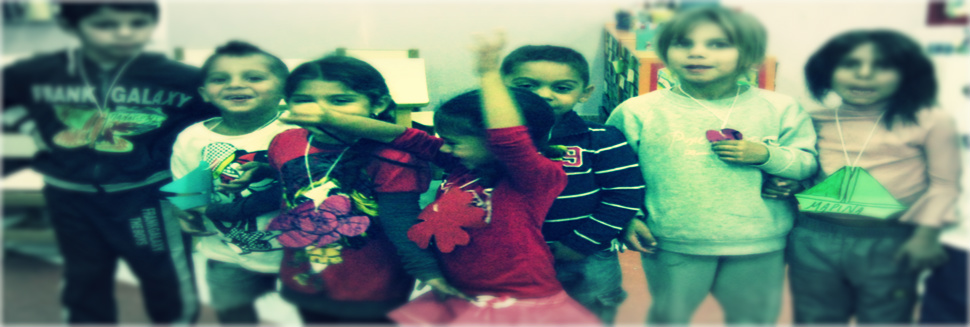General

Education and training are essential to the development of today's knowledge
society and economy, and this is recognised by all decision-makers
at all levels. High-quality pre-primary, primary, secondary, higher and
vocational education and training are fundamental to Europe's success.
In a rapidly changing world, lifelong learning needs to be a priority – it is the key to
employment, economic success and allowing people to participate fully in society.
With each EU Member State responsible for its own education and training systems,
Union-level policies are designed to support national actions and help address common
challenges such as: ageing societies, skills deficits amongst the workforce, and
global competition. These areas demand joint responses and countries can benefit
from sharing experiences. Social inclusion in general and Roma’s improved inclusion
in education in particular belong to these transversal concerns, which are addressed
both in terms of policy and programmes.
The policy dimension explicitly targeting Roma communities includes the two Communications
issued by the European Commission in 2011 and 2012 to provide a
framework for national strategies for Roma inclusion described earlier. The programme
dimension refers to the funding schemes offered by the various sub-programmes of
the Lifelong Learning programme 14. General calls under these sub-programmes (e.g.
Comenius, Leonardo, and Grundtvig) have already benefitted some Roma communities
in addressing the obstacles found in education by the most disadvantaged groups in
society. Now, since 2011, there are specific calls for proposals that are ‘explicitly but
not exclusively targeting’ Roma communities in the ‘transversal’ part of the Lifelong
Learning programme. A short summary of projects selected and funded so far under
the 2011 and 2012 specific Roma calls is given in the following pages, with a view to
guide and inspire potential stakeholders envisaging the elaboration of proposals,
multilateral partnerships or networks that may contribute significantly to the implementation
of policies for better inclusion of Roma in education at all levels.
Source: Roma and Education: Challenges and Opportunities in the European Union
© European Union, 2012

















